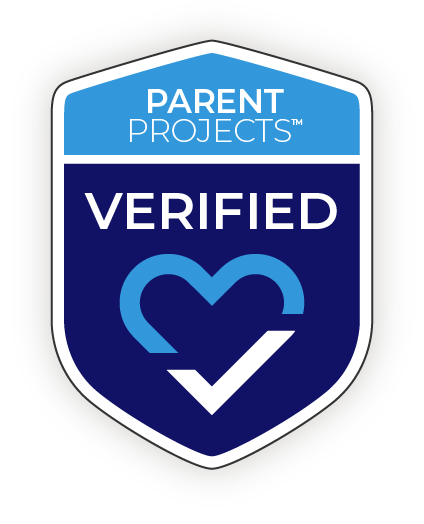If you or a loved one you know is nearing retirement, you may find yourself wondering more frequently about Medicare. In this blog article, we break down the three most important things every retiree needs to take note of with regards to Medicare – BEFORE making a final decision.
What are the minimum eligibility criteria to NOT have to pay excessive premiums for Medicare?
Generally speaking, Medicare is available for people age 65 or older, younger people with disabilities, and people with permanent kidney failure requiring dialysis or a transplant.
Remember that Medicare has two parts, Part A (Hospital Insurance) and Part B (Medicare Insurance).
Retirees are eligible for premium-free Part A if they are age 65 or older and you or your spouse worked and paid Medicare taxes for a minimum of 10 years. You can get Part A at age 65 without having to pay premiums permitted you adhere to the following criteria:
- You are receiving retirement benefits from Social Security.
- You are receiving retirement benefits from the Railroad Retirement Board.
- You are eligible to receive Social Security or Railroad benefits but you have not yet filed for them.
- You or your spouse had Medicare-covered government employment.

2. What if I’m younger than 65 and took an earlier retirement package, do I still qualify?
In short, yes. If you are under age 65 and you opted for early retirement, you can get Part A (Hospital Insurance) without having to pay premiums if:
- You have been entitled to Social Security or Railroad Retirement Board disability benefits for 24 months. (Note: If you have Lou Gehrig’s disease, your Medicare benefits begin the first month you get disability benefits.)
- You are a kidney dialysis or kidney transplant patient.
It’s important to note that while most people do not have to pay a premium for Part A, everyone must pay for Part B (Medicare Insurance) if they want it. This monthly premium is deducted from your Social Security, Railroad Retirement, or Civil Service Retirement check. If you do not get any of these payments, Medicare sends you a bill for your Part B premium every 3 months.

3. Will my prescription drugs be covered by Medicare in full?
Mostly. Since January 1, 2006, everyone with Medicare, regardless of income, health status, or prescription drug usage has had access to prescription drug coverage.
Most Medicare drug plans (Medicare drug plans and Medicare Advantage Plans with prescription drug coverage) have their own list of what drugs are covered, called a formulary. Plans include both brand-name prescription drugs and generic drug coverage. The formulary includes at least 2 drugs in the most commonly prescribed categories and classes.
The formulary might not include your specific drug. However, in most cases, a similar drug should be available. If you or your prescriber (your doctor or other health care provider who’s legally allowed to write prescriptions) believes none of the drugs on your plan’s formulary will work for your condition, you can ask for an exception.
It is also worth noting that your plan may raise the copayment or coinsurance you pay for a particular drug when the manufacturer raises their price, or when a plan starts to offer a generic form of a drug, but you keep taking the brand name drug.

If you would like to explore more about Medicare and senior insurance, you can reach out to Innovative Broker Partners. As part of our trusted coalition here at Senior Resource Connectors, they will be able to guide you on the next best steps for your new journey. Alternatively, get in touch with our clinical concierge at no cost to you for the best referral within our trusted network of companies.
Our mission at Senior Resource Connectors is to provide Arizona seniors and their loved ones easy access to the most trusted and highly professional resources for care as they encounter the many physical and emotional challenges that come with aging today.















